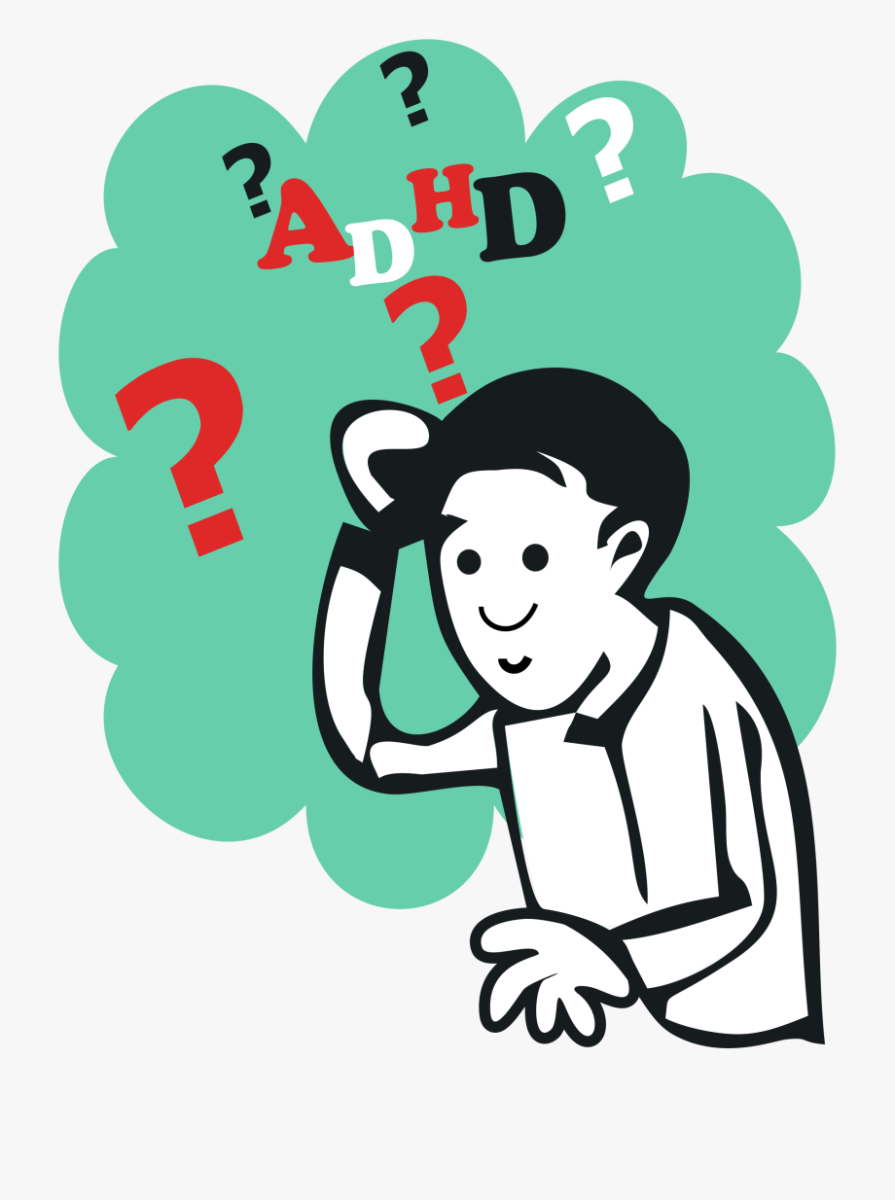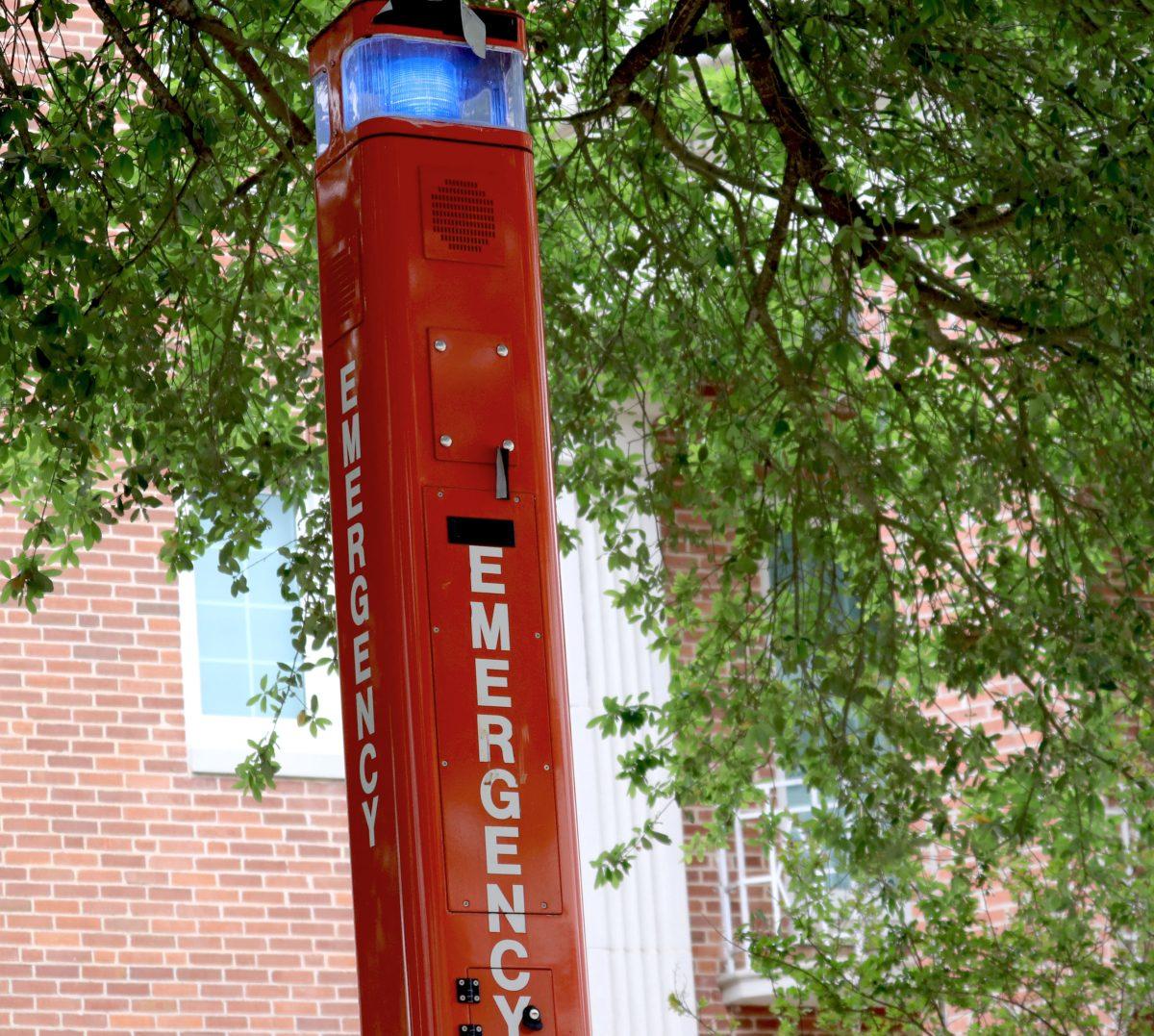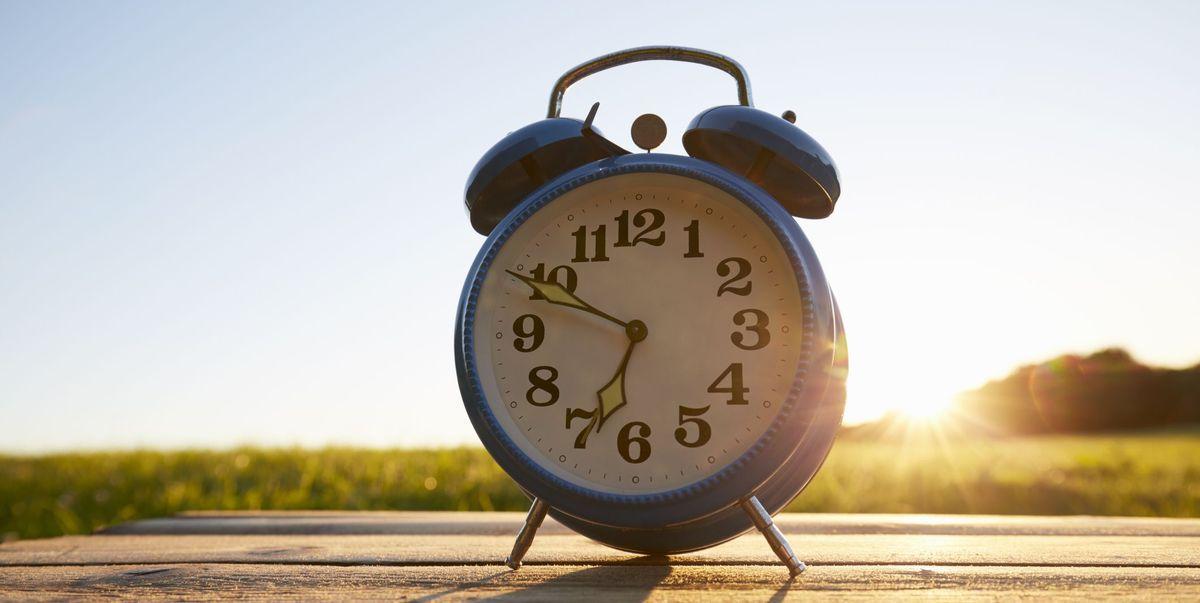
Across the United States, college students are rushing to cram in as much information as possible as midterm exams loom over most of our heads.
Many of those students have Attention Deficit Disorder (ADD) or Attention Deficit Hyperactive Disorder (ADHD), which makes studying and completing projects much harder than it is for the average person.
As someone who has been diagnosed with ADHD this year, has struggled with the symptoms for most of my life and managed to keep an above average GPA, I will share some wisdom to help those who also struggle with attention issues.
One tip that has helped me is a calendar app that gives daily reminders for upcoming tests, readings and projects.
I personally use multiple apps, and seeing the notifications pop up reminds me to make room in my day to do a little bit of schoolwork. The use of the apps will build on each other and make it easier to keep adding reminders.
Making a schedule can be valuable to your survival in the classroom. Knowing how long you need to do an assignment will prevent you from losing sleep to complete tasks at the last minute.
Do not try to do an entire project at once, even if you are running toward a deadline. Your brain will fight you every step of the way as boredom sets in.
Make a small goal that is reachable in a certain amount of time. Reading a section of a chapter or writing five sentences are some examples I use.
It is important to take a break limited to the amount of time it takes to refresh your mind. Eat a snack, watch a video, text a friend or find other activities that will not take more than 20 minutes.
When you reach a milestone, such as getting caught up with the class, reading or fully understanding a difficult subject, you are likely to be tired.
Take a 30 minute break, go on a walk or beat a level of a video game. This will help you avoid mental exhaustion and refresh you for the next task.
Finally keeping the balance between boredom and focusing on the current task is always an issue for those with attention disorders.
Playing music or if you are daring, playing a podcast or video in the background is a fine solution. It can be the difference between knowing calculus or setting the textbook on fire in frustration.
Remember to keep your eyes on your work and don’t let the sound be too distracting.
If you suspect or know that you have an attention disorder, you may want to visit a therapist or psychiatrist to receive professional help. Ignoring a disruptive health issue just because it is mental is just as dangerous as ignoring a physical disability.
Here at Sam Houston State University, we also have access to the Services for Students with Disabilities. When presented with documentation of a disorder, SSD can work with you and your professors to help you focus both in and out of the classroom. They can be found in the Lee Drain North Annex or contacted at (936) 294-3512.






